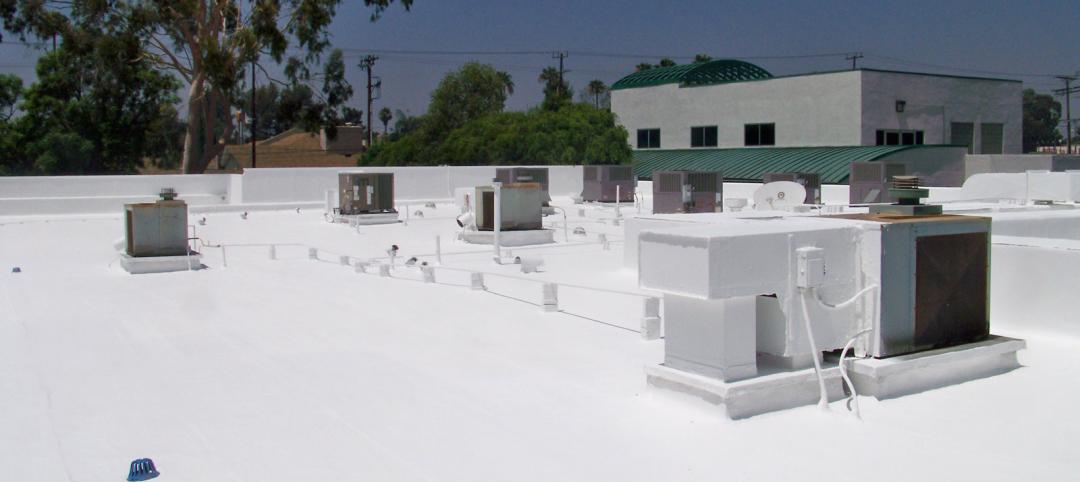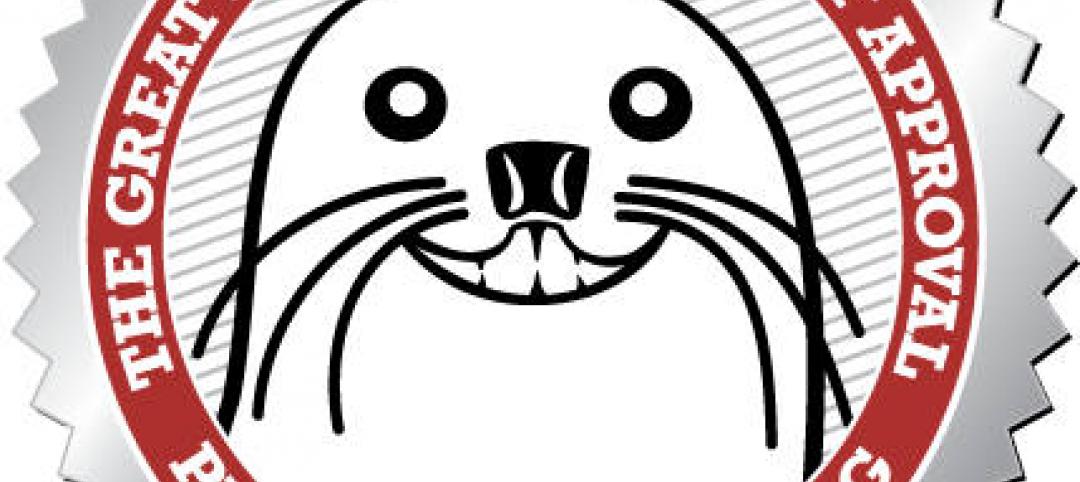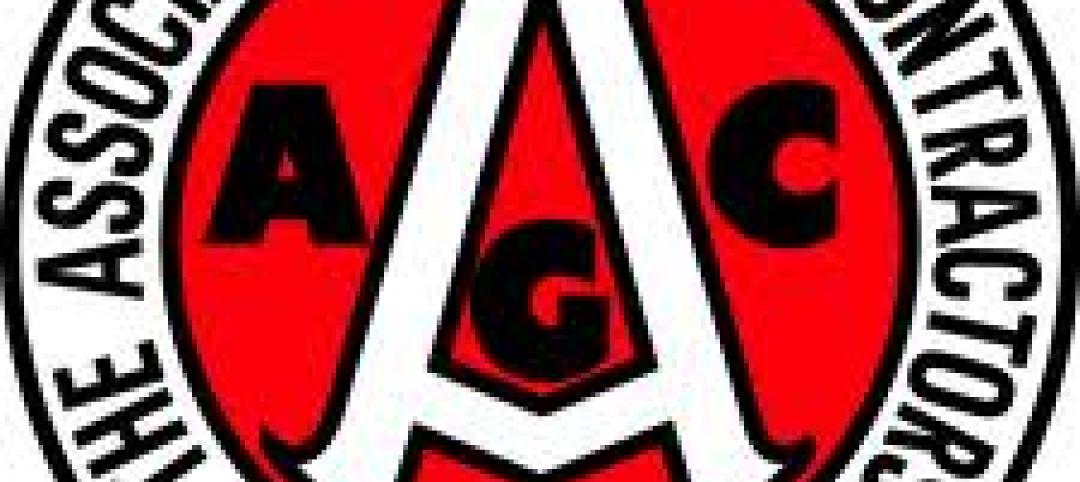Bureaucratic ineptitude ruined the U.K.’s disastrous home retrofit program, and the U.S. could draw valuable lessons from the debacle.
Last summer the U.K. unveiled a “build back better” economic stimulus package that was centered around a $2 billion program to retrofit homes. The program was supposed to fund energy efficiency and clean heat upgrades in 600,000 homes, but it was canceled recently after a six-month effort that may have killed more jobs than it created.
The Green Homes Grants program allowed most U.K. homeowners and landlords to receive up to about $6,900 to help pay for insulation, electric heating systems, and other energy-efficient upgrades such as new windows, doors, and heating controls. Low-income homeowners were eligible for up to nearly $14,000.
But, in order to apply, building owners had to obtain a quote from an accredited installer—few of which existed. Installers were reluctant to go through the time-consuming and expensive process of getting accredited without a longer-term assurance that there would be work. Program administrators often rejected quotes for being too high, asking applicants to provide more details or seek out additional estimates. Many homeowners dropped their retrofit plans as a result.
Retrofitting homes is a major part of the Biden Administration’s $2 trillion American Jobs Plan aimed at economic recovery from the COVID-19 recession. The administration can look across the Atlantic as a lesson on how to avoid failure.
Related Stories
| Jan 16, 2013
Standards that include reflective roofs must take into account local climate
Roofs painted white can reflect heat and reduce warm-weather energy use, but in cooler regions like Minneapolis or Chicago, the issue of energy-efficiency is less straightforward.
| Jan 16, 2013
New standard for geothermal heat pump systems piping to be included in 2015 International Mechanical Code
NSF International, an independent global organization that writes standards, and tests and certifies products, has published the first in a series of American National Standards for Ground-Source Geothermal Piping Systems – NSF/ANSI 358-1.
| Jan 16, 2013
ANSI passes new safety standards for reinforcing steel and post-tensioning
The ANSI A10 Accredited Standards Committee for Construction and Demolition Operations recently approved amendments to the ANSI A10.9 Concrete and Masonry Standard.
| Jan 8, 2013
Congress passes Drywall Safety Act
Congress recently passed the Drywall Safety Act; President Barack Obama is expected to sign it soon.
| Jan 8, 2013
Building-integrated PVs could help boost green standards over the next few years
A developing technology could begin to have an impact on sustainable standards over the next few years.
| Jan 8, 2013
Revamp of codes among nine low tech steps to raise community resiliency
Updating of local zoning and building codes is one of nine low-tech steps that can boost sustainability and storm resiliency, according to this article.
| Jan 8, 2013
Group releases safety and building codes from 24 countries
Public.Resource.Org released 10,062 public safety documents including building codes covering 24 countries and 6 regions.
| Jan 8, 2013
Montana developing high-performance building standards for state projects
The Montana Department of Administration is developing a single building standard for all state facilities, and hopes to have a plan in place this spring.
| Jan 4, 2013
AGC economist says "fiscal cliff" deal will give construction a boost
The deal in Congress to avoid going over the so-called fiscal cliff "should encourage many businesses to go ahead with projects they have held in reserve," said Ken Simonson, chief economist of the Associated General Contractors of America.
| Jan 4, 2013
California standards on furnishings, insulation to be revised
California is revising the state’s standards on interior furniture and insulation to maintain or improve fire safety while reducing or eliminating the use of toxic chemicals.















